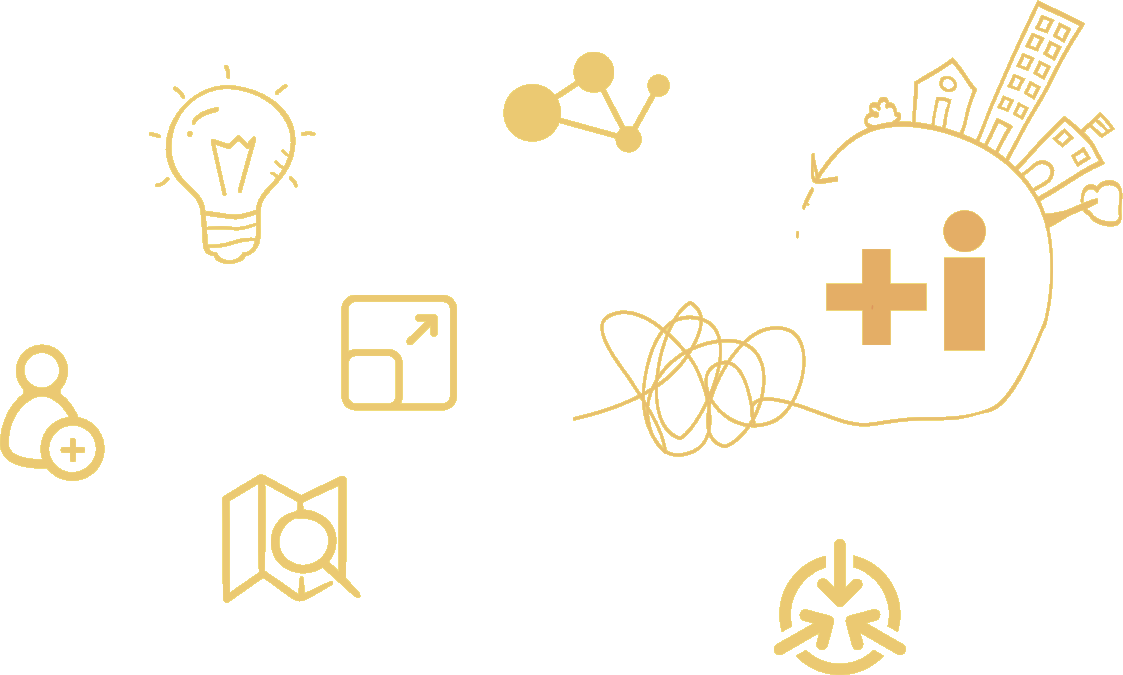For a Trash-Free Atoyac

Municipality
Category / Sub-Category / Topic
Environment, Waste management
Type of investment needed
Grant
The challenge
The project
Know more...
Investment
(*): In kind/pro bonus
(**): Financing
Funds
Needed
Covered
Solicited
Investment
(*): In kind/pro bonus
(**): Financing
20 environmental awareness signs and 2,000 hazardous waste management manuals (**)
u$s 14600.00
u$s 0.00
u$s 14600.00
Stationery for workshops (*)
u$s 0.00
u$s 500.00
u$s -500.00
3 specialists for workshops (5 workshops on MSW management, 5 on environmental awareness and generation of ideas for signage and 5 on hazardous waste management) (**)
u$s 2700.00
u$s 0.00
u$s 2700.00
1 specialist for the elaboration of hazardous waste manuals and 1 specialist for the elaboration of 5 thematic videoclips. (**)
u$s 2000.00
u$s 0.00
u$s 2000.00
1 General Project Coordinator and 1 Operational Project Coordinator (**)
u$s 6700.00
u$s 6700.00
u$s 0.00
1 administrative and accounting manager and 1 project assistant (**)
u$s 6700.00
u$s 0.00
u$s 6700.00
51 trips: 48 local or state trips (4 per week), and 2 national trips and 1 international trip (intermunicipal MSW management models). (**)
u$s 4750.00
u$s 0.00
u$s 4750.00
1 rents office in Atoyac (*)
u$s 0.00
u$s 3500.00
u$s -3500.00
Training and equipping of 6 microenterprises of women and young people to recycle various types of waste (**)
u$s 83400.00
u$s 0.00
u$s 83400.00
Funds
Needed
Covered
Solicited
20 letreros concientización ambiental y 2000 manuales manejo residuos peligrosos (**)
u$s 14600.00
u$s 0.00
u$s 14600.00
Papelería para talleres (*)
u$s 0.00
u$s 500.00
u$s -500.00
Funds
Needed
Covered
Solicited
3 especialistas para talleres (5 talleres de manejo RSU, 5 de concientización ambiental y generación de ideas para letreros y 5 de manejo de residuos peligrosos) (**)
u$s 2700.00
u$s 0.00
u$s 2700.00
1 especialista para elaboración de manuales de residuos peligrosos y 1 especialista para elaboración de 5 videoclip temáticos (**)
u$s 2000.00
u$s 0.00
u$s 2000.00
Funds
Needed
Covered
Solicited
1 Coordinador general de proyecto y 1 coordinador operativo de proyecto (**)
u$s 6700.00
u$s 6700.00
u$s 0.00
1 responsable administrativo y contable y 1 asistente de proyecto (**)
u$s 6700.00
u$s 0.00
u$s 6700.00
Funds
Needed
Covered
Solicited
51 viajes: 48 viajes locales o estatales (4 por semana), y 2 viajes nacionales y 1 viaje internacional (modelos de manejo intermunicipal de RSU) (**)
u$s 4750.00
u$s 0.00
u$s 4750.00
1 renta oficina en Atoyac (*)
u$s 0.00
u$s 3500.00
u$s -3500.00
Formación y equipamiento de 6 microempresas de mujeres y jóvenes para reciclar los diversos residuos (**)
u$s 83400.00
u$s 0.00
u$s 83400.00

 (1)-65d662ce6e1f81.36542953.jpeg)
-65d662da02ad30.02981876.jpeg)
-65d662e26e7e73.06025967.jpg)